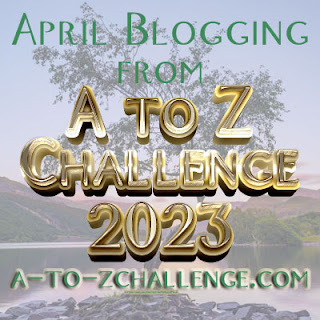…And this one also has a lot of narrative power.
I swear, these messages are getting closer and closer to making actual sense.
Here is the full text of the message, sent by one “Hermes Birkin bags Cheap,” in response to my post E Is For… Evidence:
“Night pupil issued a howl waiting for a long time, than a horn loud and clear, to provoke the people more than the drums of war, pierced the quiet of the sun and moon turn, startled numerous birds. Day policy side of rapid response, it is clear that contrary to the Cang expectations Los, Amherst law chain of dollars and ability has nothing to hide, mulberry bag known as the undefeated God of War than a hundred years ago, to win with fewer many miracles, almost force guardian the Hai Feisi the sea virtual mausoleum Marshal far worse if it were their own, do not know in advance mulberry outlet trick, it would certainly account, annihilated, there is no suspense.
My Analysis, And A Partial Translation
The first sentence is fairly straightforward, with comparatively few ambiguities. The ambiguities that do present themselves are also intriguing, which is what has prompted me to attempt this translation. Here is what I’ve come up with:
The wolf howled. He waited for a long time. Then a horn, loud and clear, a noise that would provoke the people even more than the drums of war, pierced the quiet of the gloaming, startling numerous birds.
I render “Night pupil” as wolf, though the textual evidence for this rendering is slim. But wolves howl, and are associated with the night-time. I suppose that “Night pupil” might be interpreted more literally, as “Night-School Student,” or more imaginatively, as “The Moon,” which could be viewed as the pupil (as in the pupil of an eye) of the night sky, but I’m going with “wolf,” at least pro tem. I have decided also that “sun and moon turn” most probably refers to some liminal state between night and day, and have thus rendered it as “gloaming,” though this choice is based primarily upon my deep desire to use the word “gloaming” whenever and wherever possible. Sometimes, Scholarship must bow to the base desires of the scholar.
When we reach the second sentence, we see the word “Day,” and this is encouraging, especially when one remembers that the first sentence began with the word “Night.” Could this message be, one wonders, a compare-and-contrast, a poetic exploration of the night as compared to the day, perhaps following in the footsteps of William Blake? And if one contrasts “Night pupil” with “Day policy,” a certain meaning emerges. The Night is a time for contemplation, for reflection, for study; this accords with “pupil,” in the sense of “student.” The Day is a time for action, a time to be Up And Doing; this accords with “policy,” as policies dictate the ways in which we act.
We receive further evidence for this compare-and-contast view when we consider the first clause of the second sentence (“Day policy side of rapid response”) as a whole. Day’s policy is on the side of rapid response, on the side of Acting Now.
After this clause, however, the meaning seems to break down. At any rate, it does not seem willing to surrender its secrets to my own feeble powers of translation. But, before I close this article, I would like to draw your attention to a few grand and tragic units of meaning contained within the vast bulk of the second sentence. Note the once-undefeated God of War, known a hundred years ago, and, perhaps, utterly forgotten today, like the great Ozymandias. Grieve at the obscure tragedy of the phrase “far worse if it were their own.” Finally, marvel at the negating beauty of the ending of this message: “…it would certainly account, annihilated, there is no suspense.”
I invite alternate translations. Nay! I plead for them. All Scholars are welcome; partial translations are welcome; all are welcome. Use the Comments section below.




